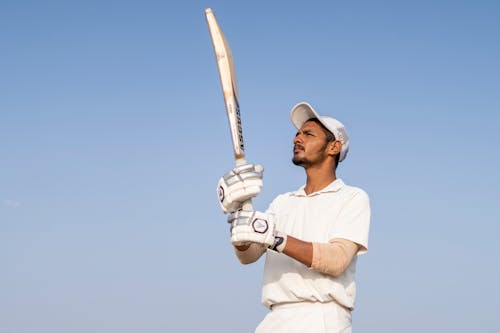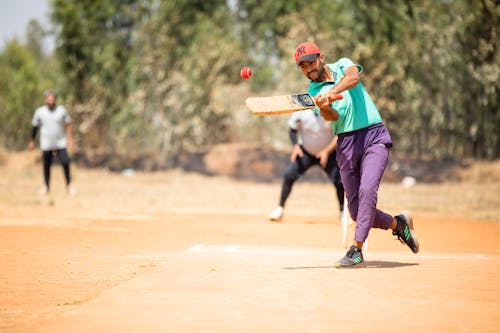The widening chasm between the haves and have-nots in county cricket presents a concerning trend. Ahead of the English season’s first delivery, Worcestershire faces an uncertain future, emblematic of several counties grappling with similar worries.
In early August 2023, Ashley Giles, now at Worcestershire, reflected on the fragile state of English cricket. Tasked with navigating Worcestershire through a challenging season, Giles faces significant hurdles. The club lacks basic infrastructure like permanent floodlights and indoor training facilities, with their ground prone to flooding, leading to fixture relocations. This inadequacy extends to their inability to bid for hosting professional women’s teams, highlighting the growing disparity.

As the sport evolves and faces threats from changing consumer habits and foreign leagues, the England and Wales Cricket Board (ECB) seeks to modernize. The divisive Hundred tournament, consuming a significant portion of ECB expenditure, represents this shift, prompting debate among stakeholders. While the ECB aims to secure cricket’s future amidst player exodus to lucrative franchise leagues, county members contest their role in safeguarding the sport’s tradition and values.
The disparity in financial resources among counties further exacerbates the divide. While some enjoy substantial incomes and additional opportunities like hosting international matches and participating in the Hundred, others languish with meager resources, fearing irrelevance. This disparity challenges the notion of a level playing field and threatens the existence of smaller clubs.

Efforts to reform county cricket, such as the proposed creation of an elite division, hint at a desire to concentrate talent and resources. However, concerns persist regarding the fate of smaller counties under such restructuring.
The fear of counties disappearing underscores the urgency of addressing the growing gap. Giles, tasked with preserving Worcestershire’s place in the cricketing landscape, reflects the shared apprehension among stakeholders regarding the sport’s future direction amidst widening inequalities.









